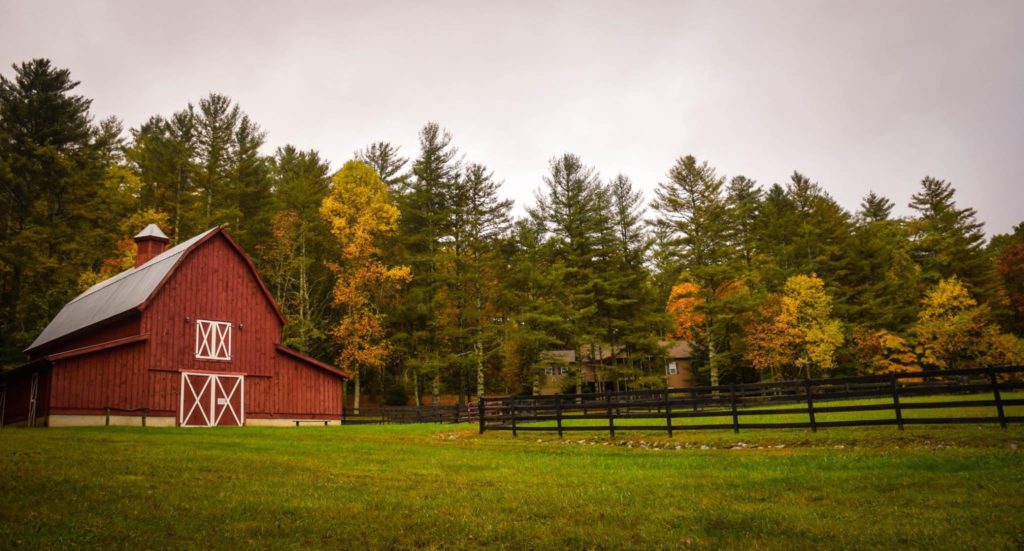We’ve all been there. Flipping through the channels on a sleepless night, hoping the senseless infomercials will drown out all the thoughts bouncing around in our heads. And, for a moment, we might even give in:
- Maybe that’s all you need to do to lose weight.
- I wonder if that stuff could flex enough to seal the baptistry?
- A panini would be good right now.
- Yes! I am finally getting those washboard abs.
But, long before dawn, you come to your senses and realize there are no easy fixes or one size fits all solutions, and you dodge the “three easy payments” bullet.
I have had this feeling at church/leadership conferences lately. I hear the great success stories, I am moved by powerful testimonies and I find myself believing that if I just “do that” everything finally will fall into place. Yet, nearly 30 years down this road of ministry, I can assure you of one thing: We all need more than a conference quick-fix.
The problem is believing a ready-made answer is out there somewhere, and we just need to go on a treasure hunt to find it. We all know the only “solution” is the presence and movement of God, but somehow it doesn’t keep us from pursuing the gold at the end of someone else’s rainbow.
That’s a hamster wheel – and I invite you all to get off right now.
One way to break that cycle is to separate theology from methodology. We hold one firmly with a tight fist, the other loosely with an open palm.
Theology requires a tight grip because there is a right and a wrong, dangers and errors There is a true orthodoxy that must be remembered, revered and relived in each of our lives and ministries.
But methodology … that’s a different story.
Never forget that everything we do in the church today was once brand new. Always remember that missionaries need to minister contextually, and you are a missionary. Continually keep your eyes open, heart receptive and ears tuned to what God is doing, which may be different than what you are planning.
Let me give you an example:
I pastor a network of rural churches called CrossPoint. In the past 19 years, we have grown from one declining congregation of 100-plus people in a single location to a 13-site network with more than 2,500 attending weekly.
We have grown by revitalizing our original location, planting new sites and partnering with existing ministries to replant.
We are a video-driven, rural, multisite.
I wrote all this just to drop that last line on you. If I am right, every word of that description made you pause.
Video-driven? “Ah, a TV preacher. That would never work here, and it’s probably of the devil anyway.”
Rural? “Really? I bet they aren’t really rural. He’s probably just a poser in a town that has their own Walmart.”
Multisite? “Yeah, no.”
I know many struggle with these terms and methodologies, and I understand. The reason I know this is that I did not move my family to the middle of Kansas to pursue these “models of ministry.” I came to pastor a church and follow God’s leading.
In the process of reading the context of the community, seeking the leadership of the Holy Spirit in decision-making and making the most of every opportunity, this is what we became.
And, whenever I share our story, I am always careful to say: “What we do is not the way to do ministry. It’s not even the best way to do ministry, necessarily. But it is a way.”
And that is my hope for you. A hope that you would not be locked into a model or believe in a methodology. Just be open to the fact that God will lead you in your ministry, mission or replant in a way that might not seem normal, but will be just what you need!
That’s all for now. I have to finish my insane cardio workout before I warm up some nutritional system food and get snuggied up on the couch for some more infomercials. Shamwow!
Published November 16, 2021



